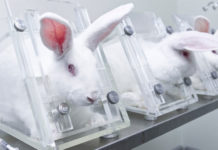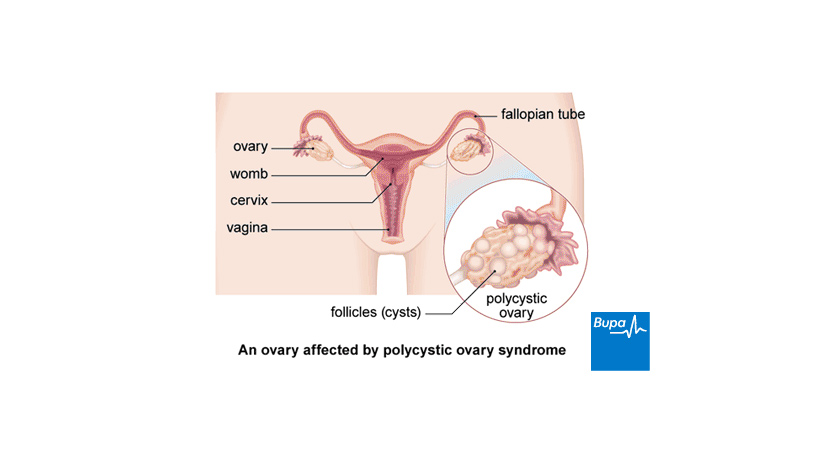September is Polycystic Ovarian Syndrome Awareness Month. PCOS affects 1 in 10 women and often goes undiagnosed or is misdiagnosed until an ultrasound shows multiple cysts on one or both ovaries. There is unfortunately no cure.
Symptoms of PCOS:
Acne, oily skin or dandruff
Anxiety or depression
Decreased self-esteem
Decreased sex drive
Increased hair growth on face, chest, stomach, back, thumbs or toes
Infertility
Irregular periods
Male-pattern baldness
Patches of skin on the neck, arms, breasts, or thighs that are thick and dark brown or black
Pelvic pain
Skin tags
Sleep apnea — when breathing stops for short periods of time while asleep
Weight gain or obesity, extra weight around waist
The first symptom is characteristically a very irregular period and severe acne. All of this mess is really caused by the ovaries making excess androgens, or male hormones. The severity of PCOS varies from woman to woman but lifestyle changes, diabetes medications such as Metformin and fertility drugs may combat PCOS issues. Metabolism can be affected causing excessive fat around the midsection. Diet and exercise will help but it takes longer to achieve weight loss results.
If you think you might have PCOS or are struggling with the syndrome you should do the following:
• Talk to your primary care physician
• Get a referral for a vaginal ultrasound to officially diagnose your condition (if it is PCOS)
• Ask to get referred to an endocrinologist who can help you decide the best course of treatment or lifestyle modification
• Find support either in your area or online
By: Archa Dave





























